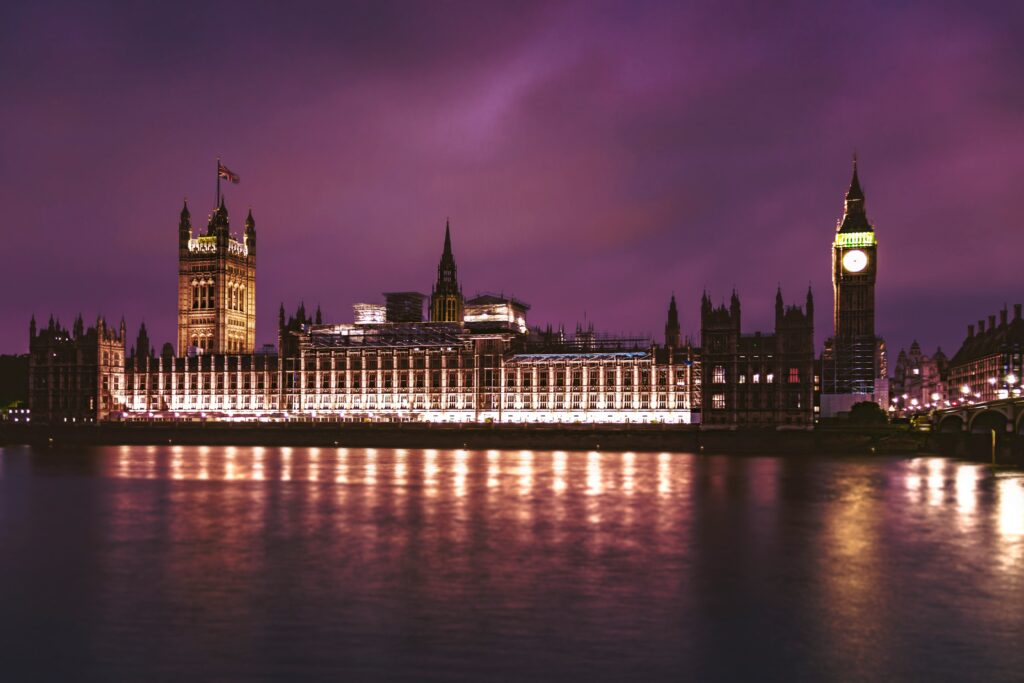We have had our first Labour budget since 2010. After an election pledge to not raise taxes, there was still a lot of pre-budget headlines and rumours that caused a great deal of anxiety and panic.
This was mainly down to a “£22 billion blackhole” that the Labour government found upon entering government. This led to the government delivering tax rises of c£41 billion by 2029/30. Not only did the budget deliver a larger than expected increase in tax, but also a higher than expected increase in government spending and borrowing. This is a different shape government than we’ve been used to.
First the good news, there are many things that haven’t changed. These include…
- Personal allowances and tax rates remain frozen until 2028.
- The savings rate band and dividend allowance remains unchanged.
- National insurance contributions (NIC) for employees remains unchanged.
- ISA limits remain at £20,000.
- The CGT allowance remains at £3,000 for individuals.
- The Business Asset Disposal Relief (BADR) – formerly Entrepreneur’s Relief – will be maintained at 10% on the first £1 million. This will rise to 14% on 6 April 2025 and 18% on 6 April 2026.
- The pensions annual allowance is still £60,000 with the ability to carry forward unused allowance.
- The pension lump sum allowance remains at £268,275.
- Corporation tax remains unchanged.
- IHT bands remain unchanged.
- NIC – Class 1 secondary (employer) contribution rate on earnings above £5,000 will be increased from 13.8% to 15.0% from 6 April 2025. The employment allowance will rise from £5,000 to £10,500.
- CGT – The rate of tax on capital gains over the CGT allowance have increased from 10% to 18% for basic rate taxpayers and from 20% to 24% for higher and additional rate taxpayers. This was effective immediately.
- IHT – From 6 April 2026, the current 100% relief will continue for the first £1 million of combined agricultural and business property for individuals and trusts. The rate of relief will be 50% for assets above the £1 million threshold. AIM shares will have a 50% relief applied from April 2026. This has major impacts on family farms and will need some careful thought.
- Pensions – From 6 April 2027, unused pension funds and death benefits payable from a pension will be brought into a person’s estate for IHT purposes. However, where pensions are passed to a non-spouse, not only will IHT be charged, but income tax will be charged when benefits are drawn. We need to await further details from the announced consultation.
- Stamp Duty Land Tax (SDLT) – From 31 October 2024, the higher rate for additional dwellings SDLT surcharge will increase to 5%. From 1 April 2025, the 0% threshold will be cut to £125,000. Between £125,000 and £250,000 a rate of 2% will apply.
- VAT – VAT will apply to school fees from 1 January 2025.



 Production
Production